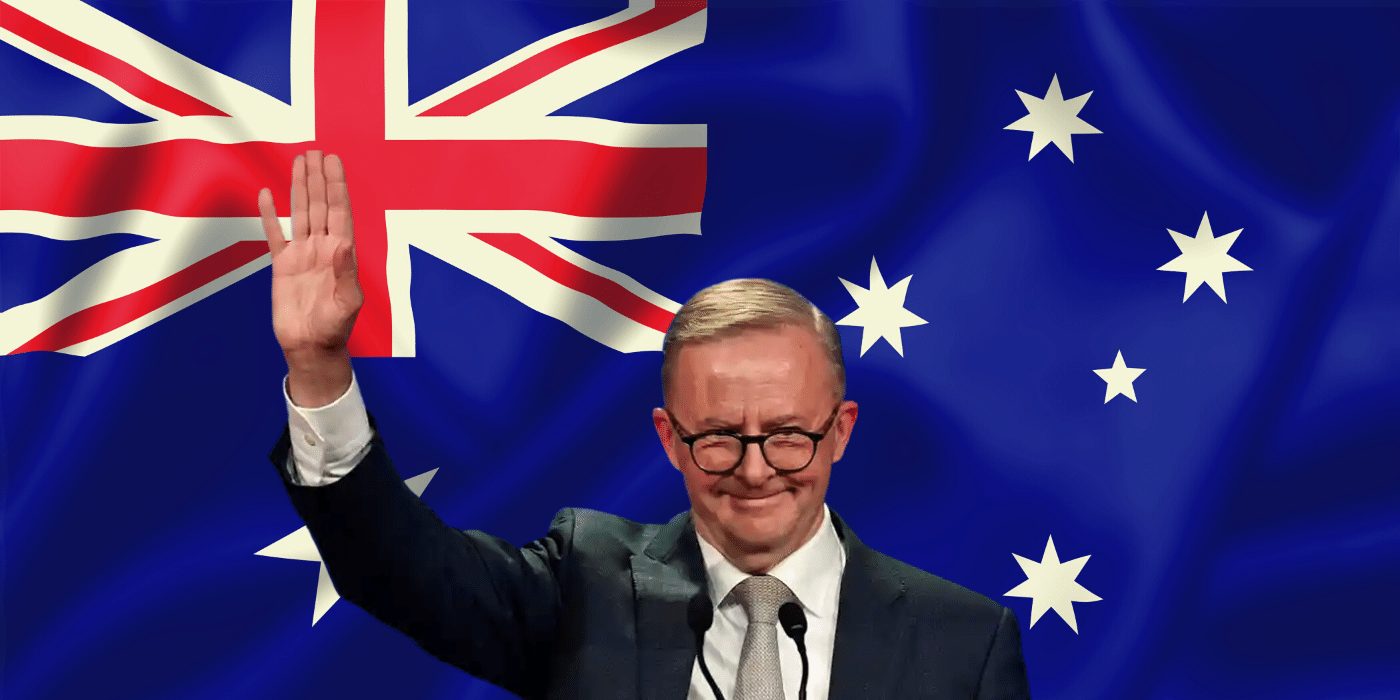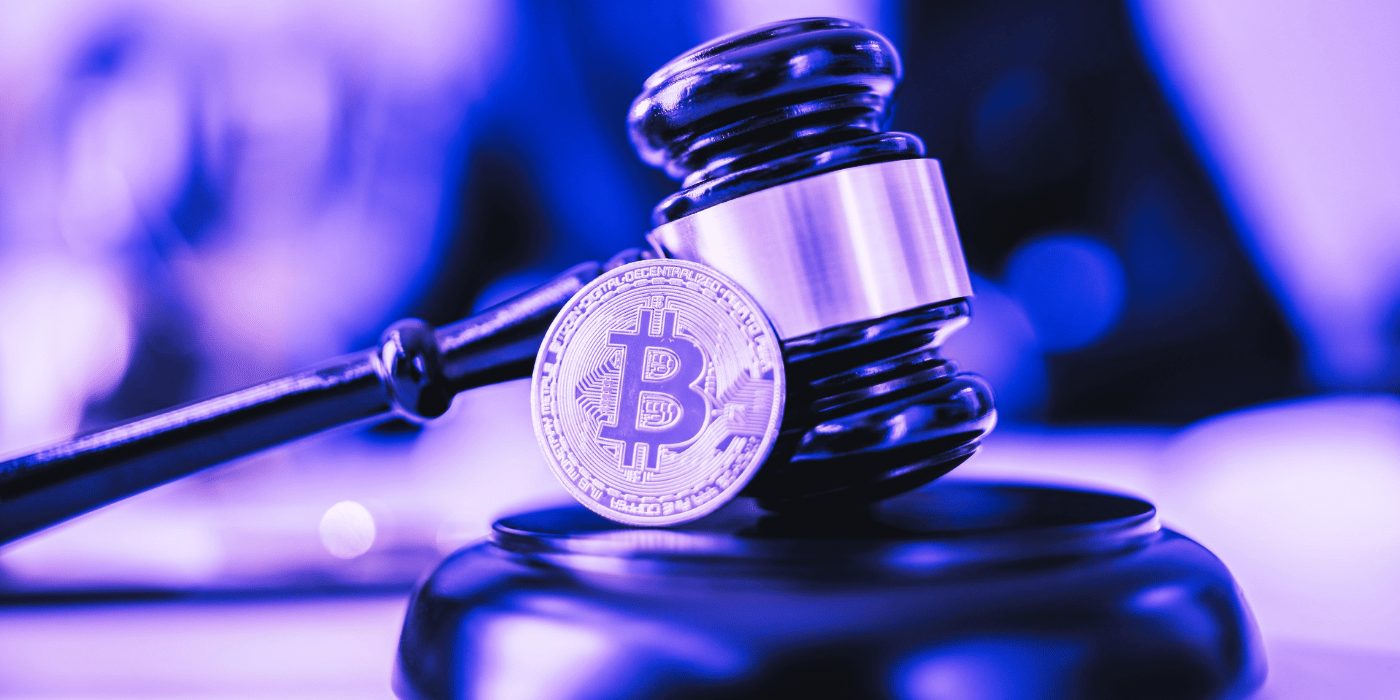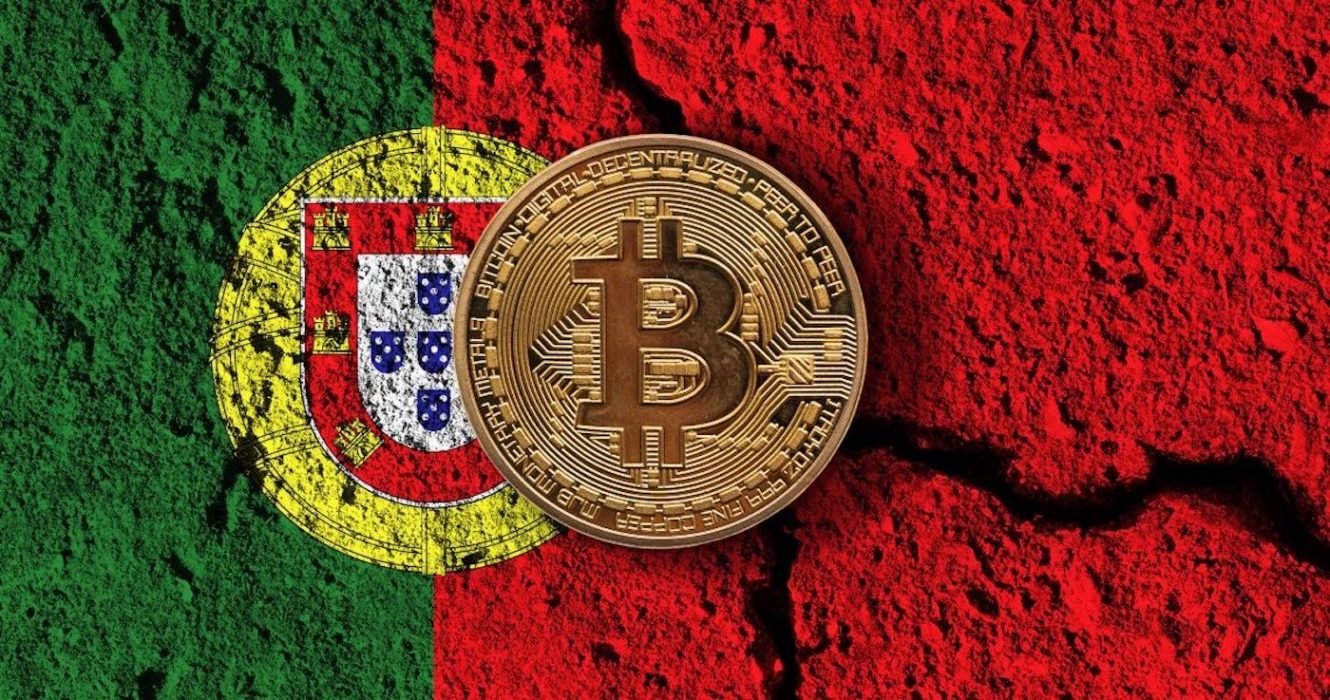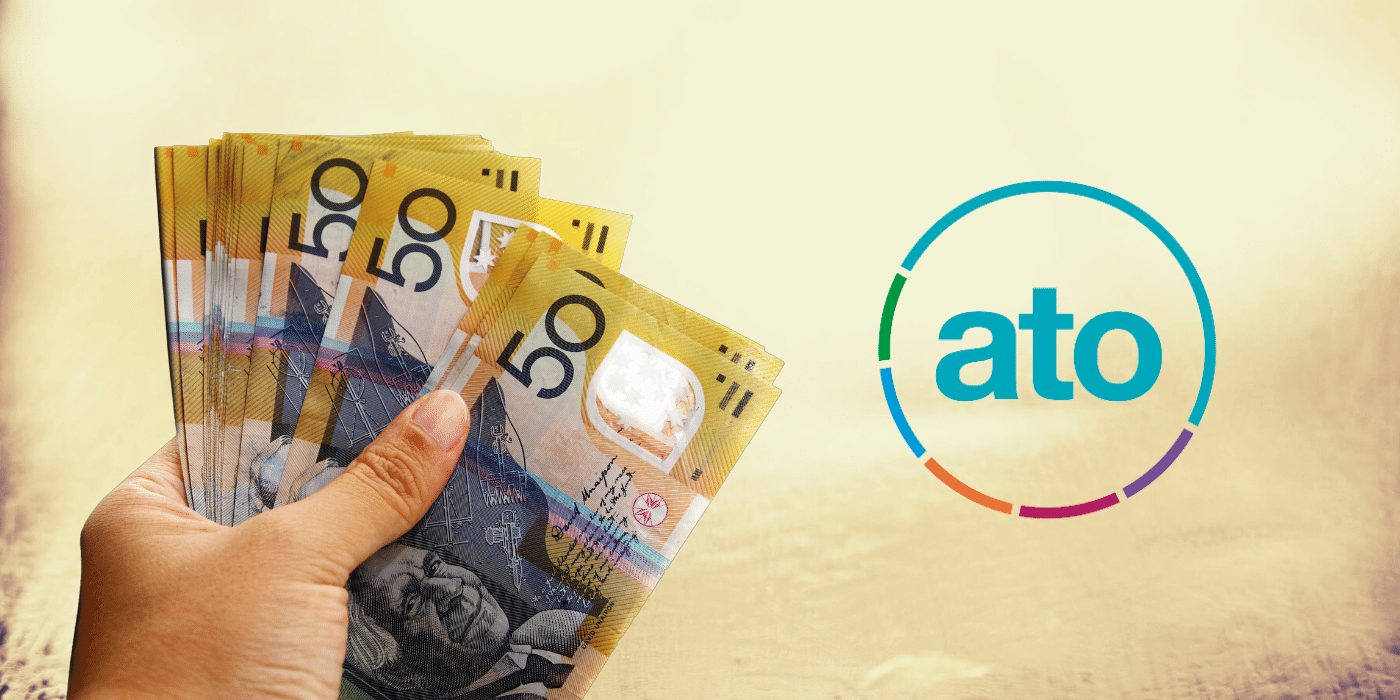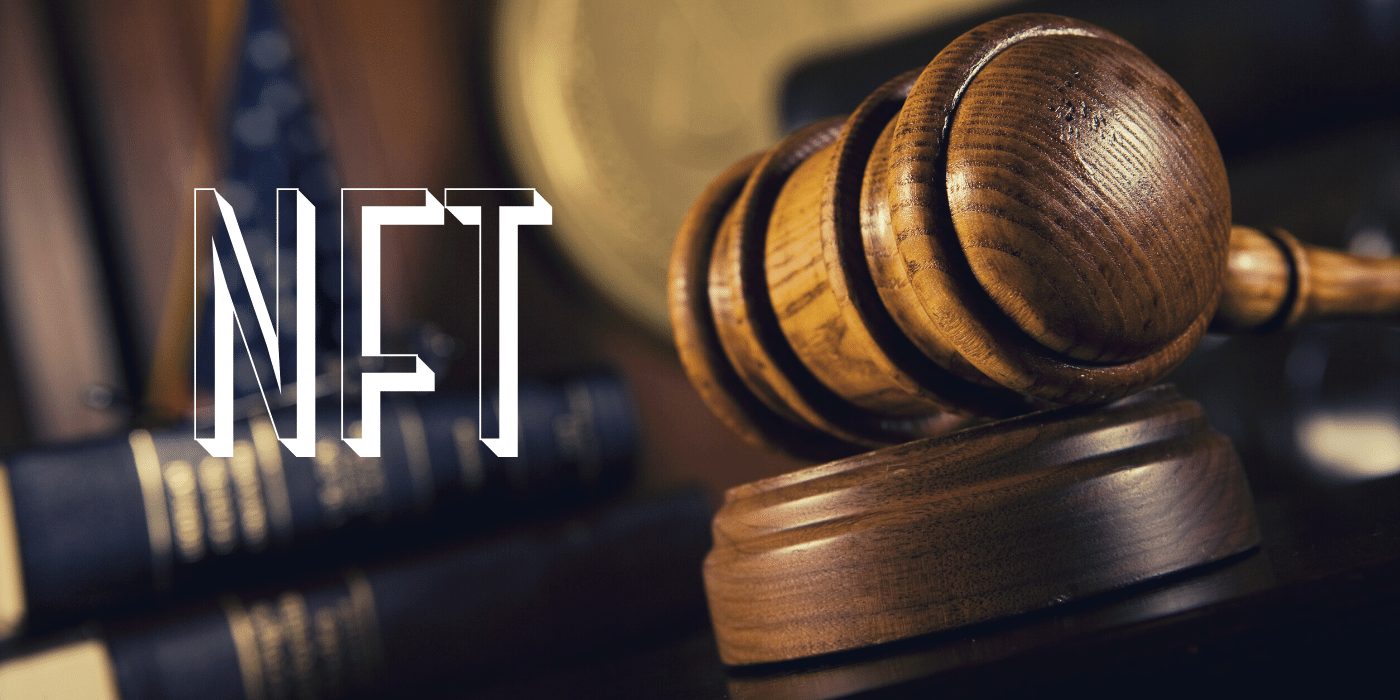Elon Musk, along with his companies Tesla and SpaceX, is facing a US$258 billion class-action lawsuit that claims they “are engaged in a crypto pyramid scheme (aka Ponzi scheme) by way of Dogecoin cryptocurrency”.
The lawsuit alleges that Musk “falsely and deceptively claims that Dogecoin (DOGE) is a legitimate investment when it has no value at all”, although crypto Twitter is already talking down the suit’s chances of success:
Order Sought to Classify DOGE Trading as ‘Gambling’
Plaintiff Keith Johnson, a Dogecoin investor, has filed a complaint in federal court accusing the world’s richest man of racketeering for touting DOGE and driving up its price, only to later allow it to tumble. According to the complaint, “[the] Defendants were aware since 2019 that Dogecoin had no value yet promoted Dogecoin to profit from its trading”, adding that “Musk used his pedestal as World’s Richest Man to operate and manipulate the Dogecoin Pyramid Scheme for profit, exposure, and amusement”.
Johnson argues that DOGE is “simply fraud whereby ‘greater fools’ are deceived into buying the coin at a higher price”. The plaintiff is seeking to represent a class of fellow investors who have lost money by trading DOGE since April 2019 and claims US$86 billion in damages and treble compensatory damages of US$172 billion.
Additionally, Johnson is seeking an order to block Musk and his companies from promoting DOGE, and declaring that DOGE trading constitutes gambling under US and New York law.
Musk Tweets Ongoing Support for Dogecoin
Musk has famously joked that Dogecoin could become the world’s currency. In May, he announced that SpaceX would soon accept DOGE for merchandise and also discussed allowing payment in DOGE for some Twitter services, should he become the owner of the social media platform – which he has since acquired for a cool US$44 billion.
Musk, for his part, remains unrepentant:




